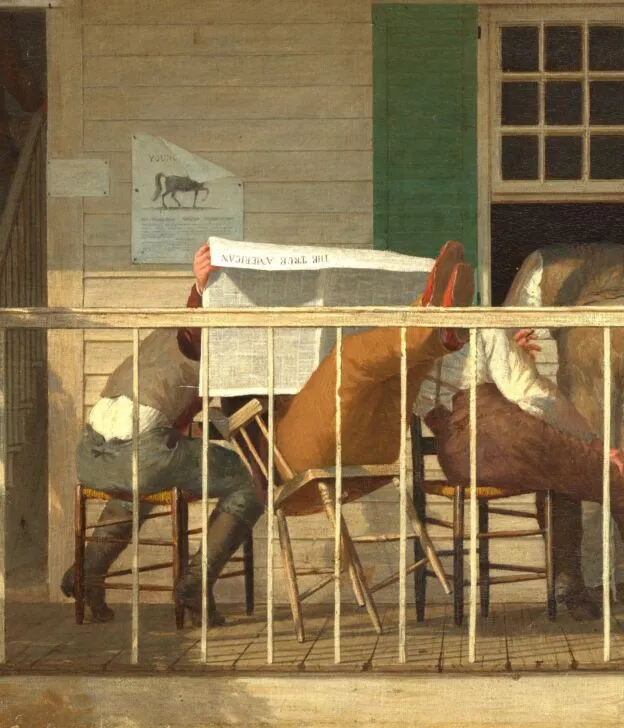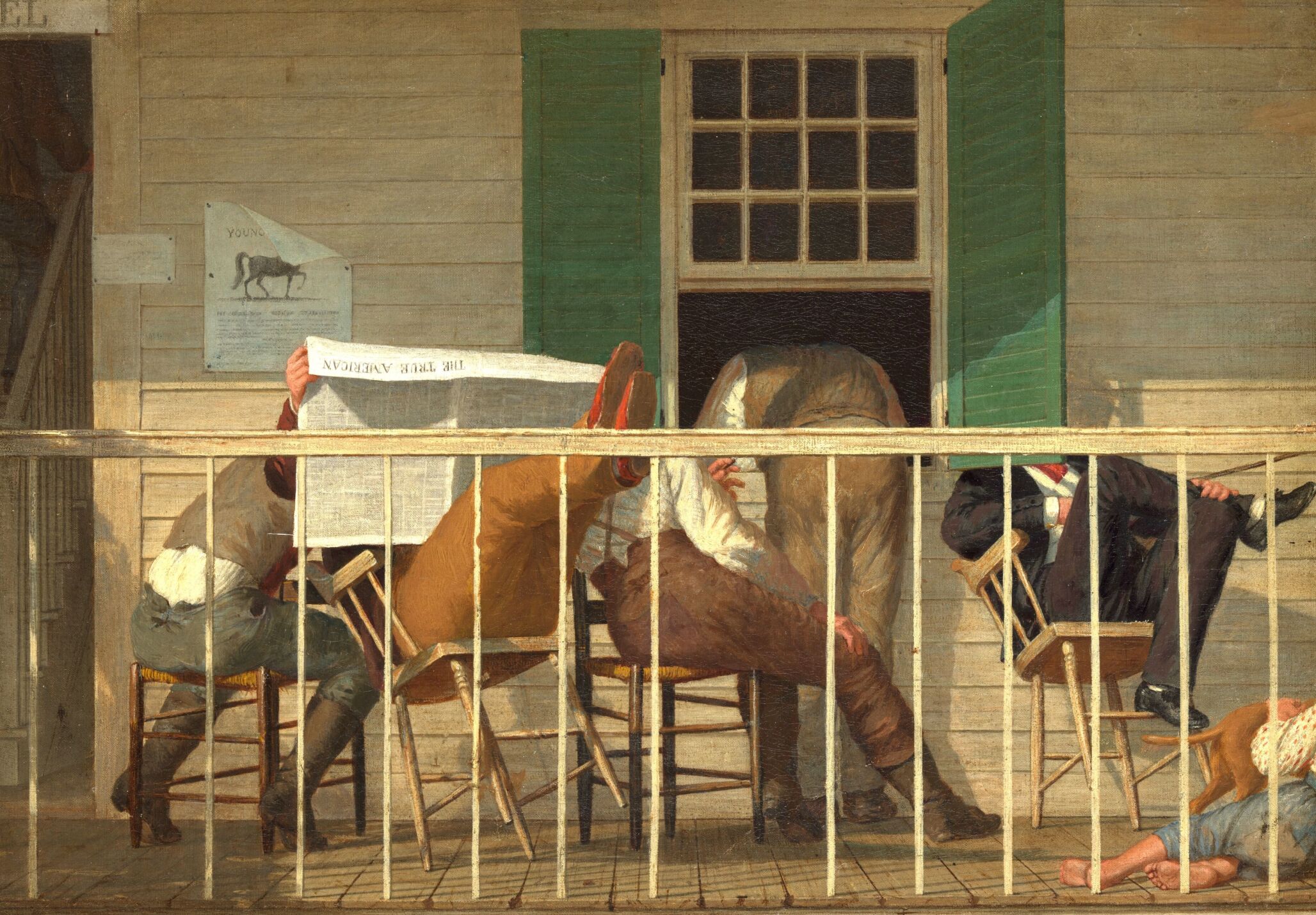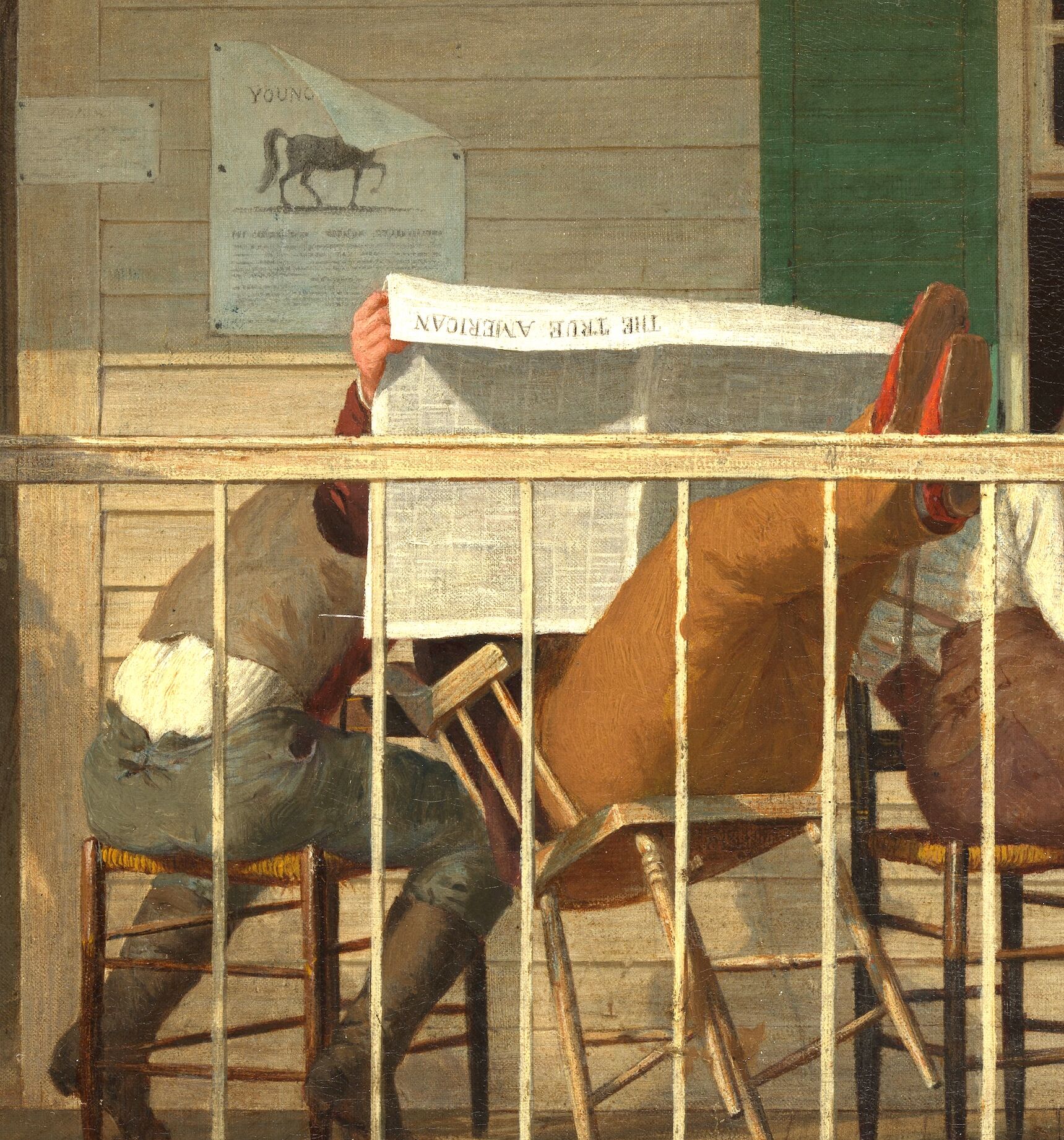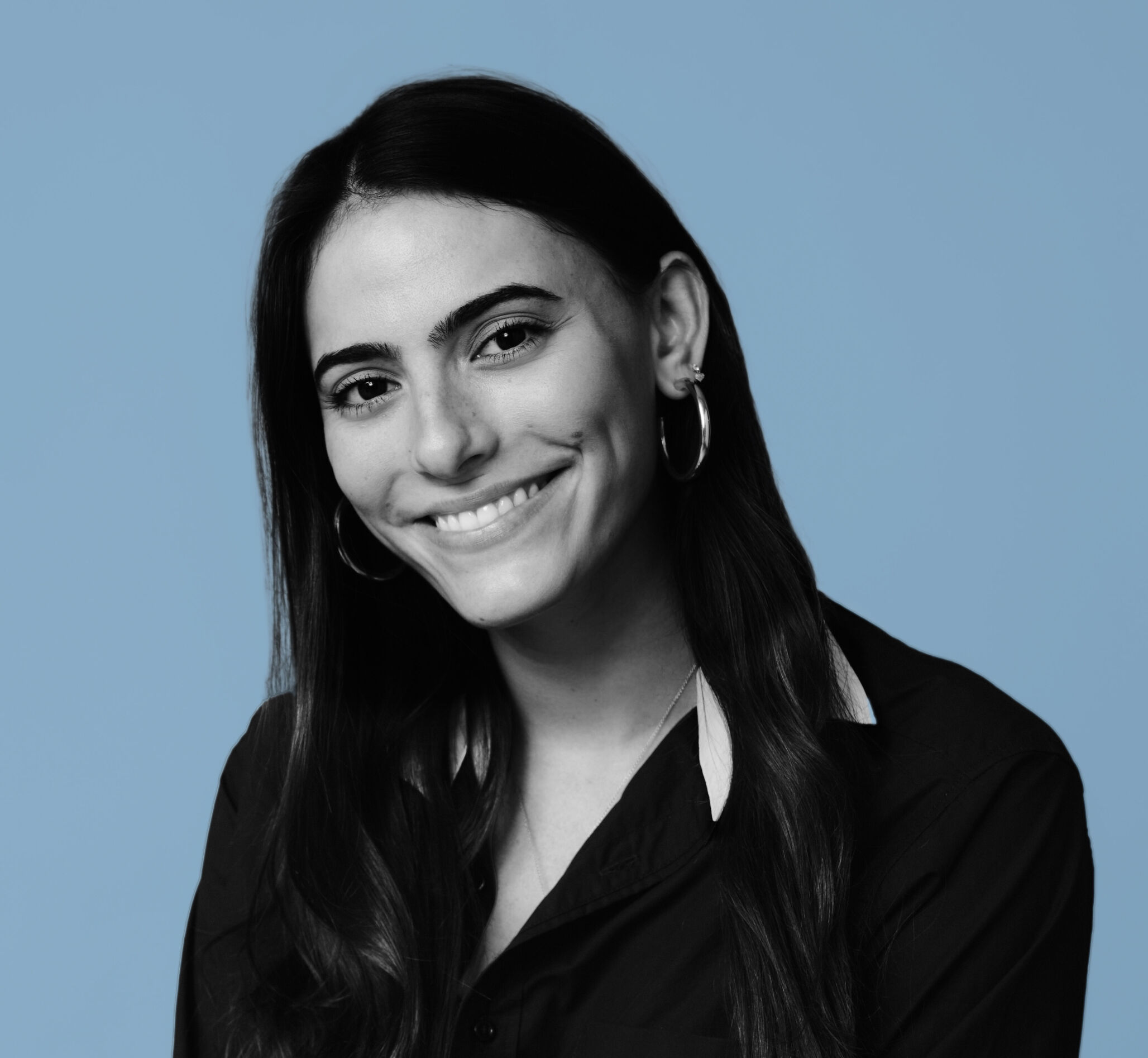
The Western Canon Answers the ‘Why’ of Journalism
How one reporter found her start in the Great Books
I’ve never taken a journalism course in my life. That’s because I never had much interest in becoming a journalist. My lack of interest in the field was, in part, a result of everyone around me—even my colleagues on my college’s student paper—telling me that the industry was dying, and that there was no use in pursuing a job as a writer or reporter. It wasn’t until I was halfway through college that I changed my mind. And it was changed by dead people. Let me explain.
Halfway through my sophomore year of college, I switched from a political science major to a history major because I was bored of regurgitating what my professors wanted to read in exchange for a good grade. Ultimately, that’s what I thought journalists did: opine on political movements they didn’t know much about so that the people reading their words felt vindicated, more certain of themselves than they did before encountering the op-ed or feature or report.
In my debut as a history major, I took the most obscure course I could find (other than Merchants, Pirates, and Slaves in the Making of Atlantic Capitalism, which was a real course offering). The course was on Western Canon, and I chose it because its description sounded like the opposite of what my college coursework had been like up until that moment.

Through reading the Western Canon, I understood what it meant to seek truth.
In what became the most meaningful semester of my life, I read the works of Dante, Saint Augustine, Thomas Aquinas, and Aristotle. They ultimately, without my knowing it at the time, became the greatest journalism professors one could ask for. The course taught me more about journalism than any course in the actual journalism school would, like a class titled Fire & Voice: Justice Journalism with Style—another real course offering. And that’s because, through reading the Western Canon, I understood what it meant to seek truth. And shortly after, I understood that that’s the journalist’s job, too.
From Thomas Aquinas, I learned about Jacob’s ladder—each rung bringing us closer to God, closer to perfect understanding. We never reach the top, but the climbing itself is sacred work. This became my understanding of journalism: not the arrogant proclamation of having found the truth, but the humble, relentless pursuit of getting closer to it with each assumption challenged.
Aristotle taught me about the cardinal virtues, and I learned that courage is the first virtue because it makes all the others possible. Without courage, you cannot be temperate, just, or prudent. And journalism, I realized, is fundamentally about courage—the courage to be wrong, to ask uncomfortable questions, to challenge popular narratives, to sit with uncertainty rather than rushing to judgment.
This is the opposite of what passes for journalism today—and why I never thought about the profession seriously before. But real journalism requires what Socrates called “learned ignorance”—knowing that you don’t know and being brave enough to keep asking questions anyway.

The Western Canon taught me that the “why” of journalism is inseparable from the American project itself.
So, despite never having taken a journalism course—where I’d presumably learn the “how” of journalism, like the basics of reporting—I did, by accident, learn the “why” of journalism. The Western Canon taught me that the “why” of journalism is inseparable from the American project itself. The American project depends on truth seeking, rigorous debate, and the courage to be wrong.
Dante’s journey through the Inferno, Purgatorio, and Paradiso taught me that seeking truth is not a comfortable endeavor. It requires descending into dark places, facing uncomfortable realities, and being guided by those who have walked the path before us.
The crisis in American journalism stems from reporters who have forgotten that their ultimate loyalty must be to truth rather than tribe, to citizens rather than activists, to the hard work of understanding rather than the satisfaction of being right. A civic education grounded in first principles and the great books of the Western tradition provides what journalism schools cannot: a philosophical foundation that makes the technical skills meaningful. It teaches you that pursuing truth is not just a professional obligation but connected to the deeper American project.

About the Author
Maya Sulkin is a reporter for The Free Press, covering breaking news, higher education, Gen Z, and culture.
